About 1 in 11 Americans will experience a painful kidney stone. Because spinach, swiss chard, beets and kale have high oxalate content, some people worry that eating or juicing these foods can lead to kidney stone formation.
In this article, I’ll share with you what oxalates are and how kidney stones form, as well as the recent research on how to prevent kidney stones. I’ll also share with you what Dr. Norman Walker had to say on spinach juice and dietary oxalates, so that you can make an informed decision.
What are Oxalates?
Oxalates are not foreign substances to be ovoided. They are naturally occurring and found in a wide variety of foods. They support metabolism in plants, animals and in the human body. “Oxalates” and “oxalic acid” are two terms for the same substance.
Oxalates become a problem when they overaccumulate in your kidneys.
How Do Kidney Stones Form?
Kidney stones form when your urine contains more crystal-forming substances — such as calcium, oxalate and uric acid — than the fluid in your urine can dilute. At the same time, your urine may lack substances that prevent crystals from sticking together, creating an ideal environment for kidney stones to form. – Mayo Clinic
Because of this, some dietary approaches that have been explored to reduce the risk of kidney stones include restricting high-calcium and high-oxalate foods. The research shows this to be an ineffective approach. But there is a dietary approach that reduces the risk of all forms of kidney stones.
Animal Protein and Kidney Stones
Twenty years ago, only about 1 in 20 experienced a kidney stone. Why the increase?
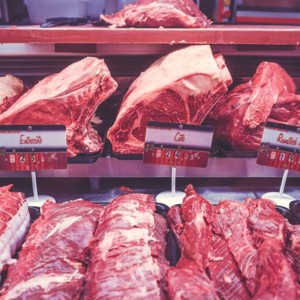 Studies prove that increased animal protein consumption is a cause. The higher the intake of meat, the higher the risk of multiple kidney stones. The typical American now consumes a whopping 75-80 grams of animal protein a day, dramatically increasing the risk factors for kidney stones in those that are prone to them.
Studies prove that increased animal protein consumption is a cause. The higher the intake of meat, the higher the risk of multiple kidney stones. The typical American now consumes a whopping 75-80 grams of animal protein a day, dramatically increasing the risk factors for kidney stones in those that are prone to them.
Animal protein delivers an acid load with a high amount of sulfur-containing amino acids that decrease urine pH and citrate, and a purine load that leads to an excess of uric acid in the blood and the formation of uric acid crystals that can lead to kidney stone formation.
“Stone formers,” individuals that tend to form kidney stones, are advised in the medical literature to dramatically reduce their consumption of all animal protein, including meat, poultry and fish.
In men that frequently get calcium oxalate kidney stones, reducing meat and salt cuts their risk of developing another kidney stone over a 5 year period in half. Whereas a low-calcium diet provided little benefit.
Oxalates and Kidney Stones
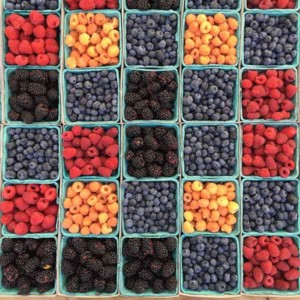 Studies also show that vegetarians have a very low risk of kidney stones. High intake of fruit, fiber and magnesium is shown to lower the risk of developing this disease.
Studies also show that vegetarians have a very low risk of kidney stones. High intake of fruit, fiber and magnesium is shown to lower the risk of developing this disease.
In a study on women that develop kidney stones, reducing oxalates in their diet provided NO BENEFIT. However, high intake of fiber, fruits and vegetables had a protective effect.
To reduce your risk of kidney stones, reduce your animal protein and salt consumption, eat more fruit and vegetables, and drink plenty of water. A whole food, plant-based diet supplies ample plant-based protein, without the uric acid load and risk of painful kidney stones.
Juicing and Oxalates
A diet that contains whole plant foods, including high oxalate foods like spinach, beets and potatoes is perfectly healthy. But what about juicing vegetables high in oxalates?
Juicing does concentrate the nutrition in the produce by removing the insoluble fiber, but not so much that putting a handful of spinach in your juice will cause a problem.
There are a few situations, however, where someone might need to limit their dietary oxalate intake.
If you have recently been on antibiotics, or have a long history of taking antibiotics, your gut flora responsible for metabolizing oxalates has likely been temporarily wiped out or at least compromised. Juicing tubs of spinach when your gut microbiome doesn’t have the ability to deal with it could lead to a serious health problem.
If you have kidney disease, gout or rheumatoid arthritis.
There are also a couple of rare genetic medical conditions where individuals should avoid oxalates.
The vast majority of us can enjoy spinach and other high-oxalate produce in our salads and juices, and experience the many health benefits. (A subject worthy of it’s only blog post!)
Spinach Juice and Oxalates
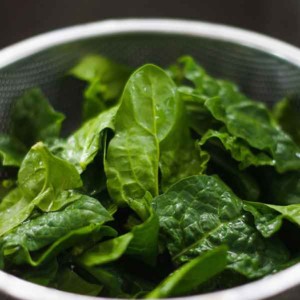 Dr. Norman W. Walker studied the benefits of vegetable juices for decades. He believed from his work with patients that high-oxalate raw spinach and spinach juice are healing for the entire digestive tract. Raw spinach juice, about a pint a day, “corrected the most aggravated cases of constipation in a few weeks.” He also noted the healthy effect on teeth and gums. He believed the kidney stone risk is associated with cooked spinach, not raw.
Dr. Norman W. Walker studied the benefits of vegetable juices for decades. He believed from his work with patients that high-oxalate raw spinach and spinach juice are healing for the entire digestive tract. Raw spinach juice, about a pint a day, “corrected the most aggravated cases of constipation in a few weeks.” He also noted the healthy effect on teeth and gums. He believed the kidney stone risk is associated with cooked spinach, not raw.
Here are some excerpts from his book “Fresh Vegetable and Fruit Juices.”
“Spinach should never be eaten when cooked unless we are particularly anxious to accumulate oxalic acid crystal in our kidneys with the consequent pain and kidney trouble. When spinach is cooked or canned, the oxalic acid atoms become inorganic as a result of excessive heat and may form oxalic acid crystals in the kidneys.”
“Oxalic acid readily combines with calcium. If these are both organic [raw], the result is a beneficial constructive combination, as the former helps the digestive assimilation of the latter, at the same time stimulating the peristaltic functions of the body.”
“. . .the organic oxalic acid is so vital to our well-being, the fresh-raw juice of the vegetable containing it should be used daily to supplement the eating of these raw vegetables included in our daily salads. The most abundant supply of organic oxalic acid is found in fresh-raw spinach (both the common variety and the New Zealand spinach) Swiss chard, beet greens, turnip and mustard greens, kale and collards, and the broad leafed French sorrel.”
Many of Dr. Walker’s juice blends include spinach. His juice #61 that is recommended for many health conditions is a simple but effective combination of 10 oz. of carrot juice and 6 oz. of spinach juice.
Free Download: Tasty Green Juice Recipes
Add Some Lemon or Lime Juice
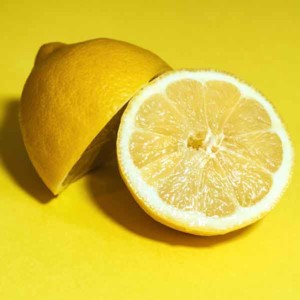 There are reasons to add lemon or lime juice to your green juices beyond extending shelf life or improving taste.
There are reasons to add lemon or lime juice to your green juices beyond extending shelf life or improving taste.
Lemon juice and lime juice is low in oxalates and high in other organic acids called citrates. The high citrate content in lemon and lime juice may help lower the risk of calcium oxalate kidney stones. Citrates bind with calcium in place of oxalates, reducing the risk of high urine calcium oxalate levels.
Trust Vegetables
It can sometimes be difficult to sift through all of the pros and cons of our dietary options. And when we come across alarmist blog posts or news reports saying a fruit or vegetable is harmful, or that juicing or green smoothies are bad for us, it can be frustrating or even unsettling.
But it doesn’t have to be. Fresh fruits and vegetables are beneficial for us, plain and simple. Plant foods should be the foundation of our diet. They are perfectly packaged foods, containing all the nutrition we need to live healthily and thrive.
Many foods other than spinach and certain dark leafy greens are high in oxalates, including avocados, dates, kiwis, raspberries, oranges, tangerines, black tea, okra, kidney beans, rhubarb, beets, potatoes, almost all grains, and nuts. If you want to eat a low-oxalate diet, you have to go way beyond eliminating spinach. Fortunately, the majority of us don’t have to. Your body knows what to do with the dietary oxalates that promote healthy peristaltic function.
Obviously, we need to use common sense. It’s only when a person takes one food to an extreme, like juicing pounds of broccoli or spinach exclusively for a long period, that problems arise. Eat and juice a wide variety of vegetables. Your body will thank you by giving you a right-sized body, energy to pursue your passions, and mental clarity and mobility to enjoy your senior years.
Sources:
https://nutritionfacts.org/video/flashback-friday-how-to-prevent-and-treat-kidney-stones-with-diet/
http://whfoods.org/genpage.php?tname=george&dbid=48
https://www.webmd.com/kidney-stones/kidney-stones-food-causes#1
Fresh Vegetable and Fruit Juices, N. W. Walker D. Sc.


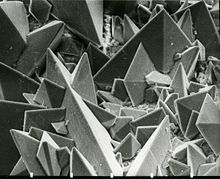



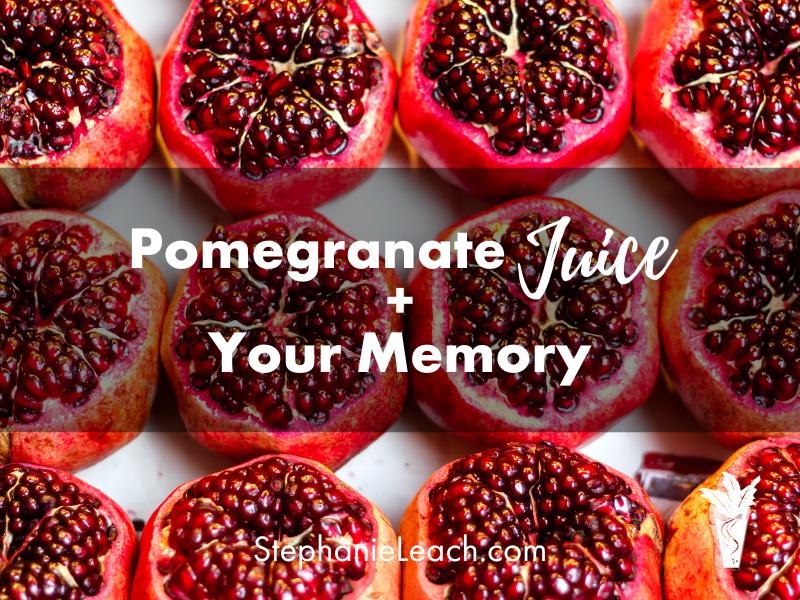
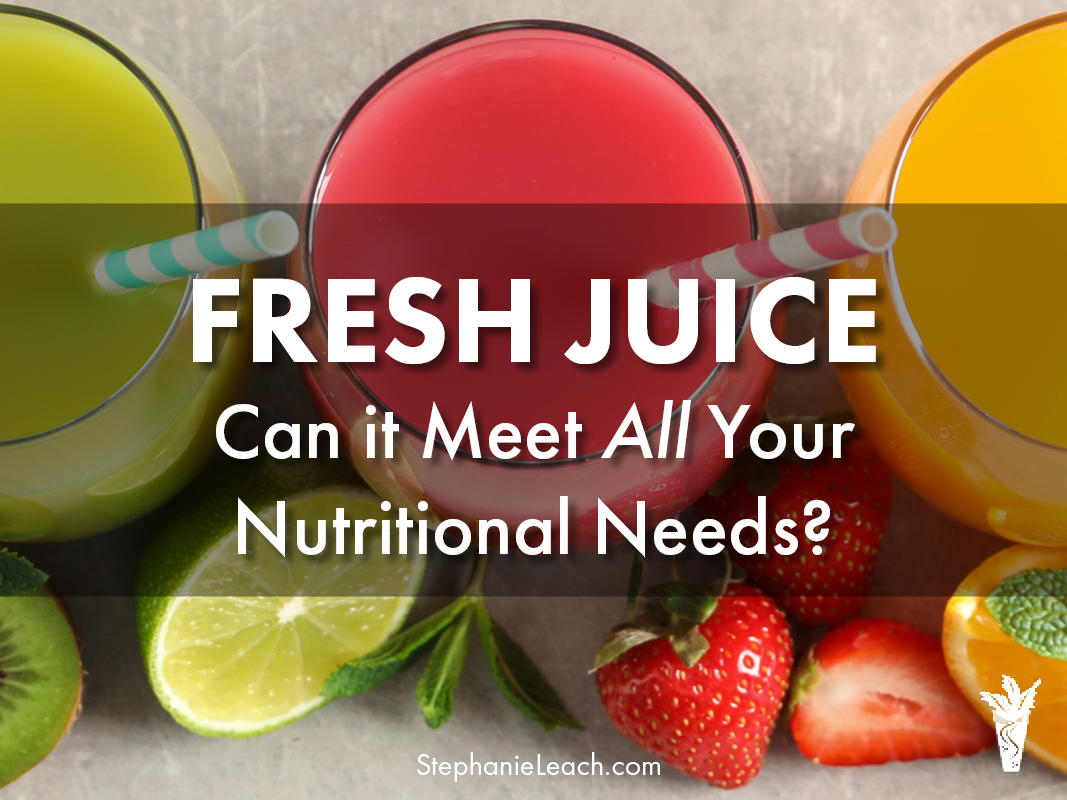
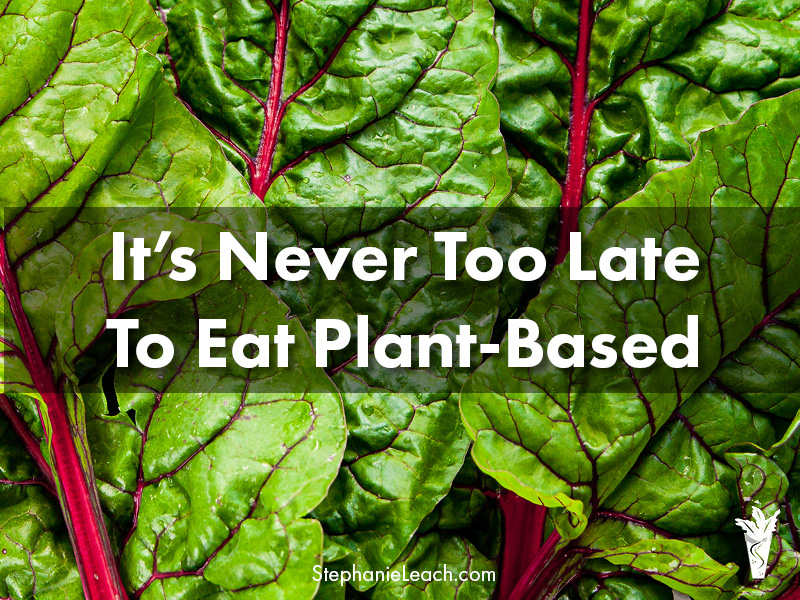

Leave A Comment